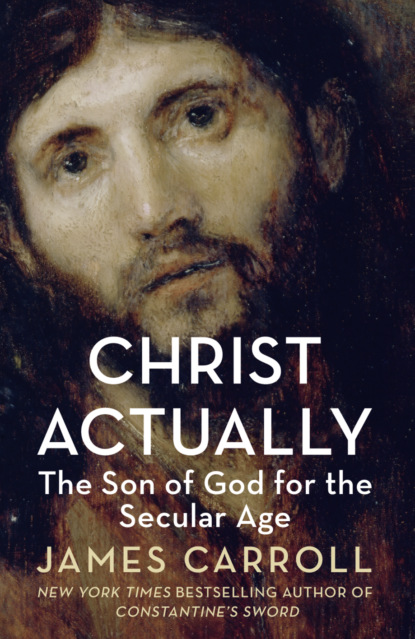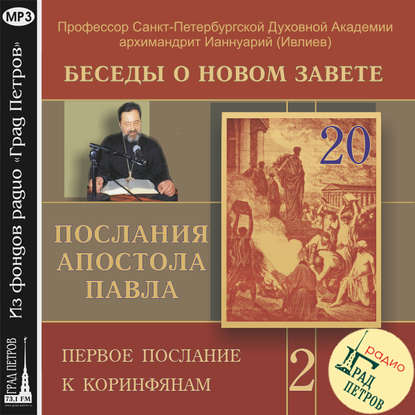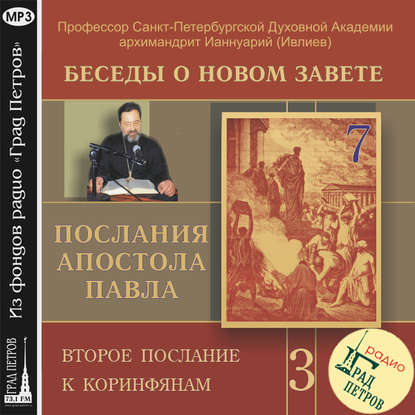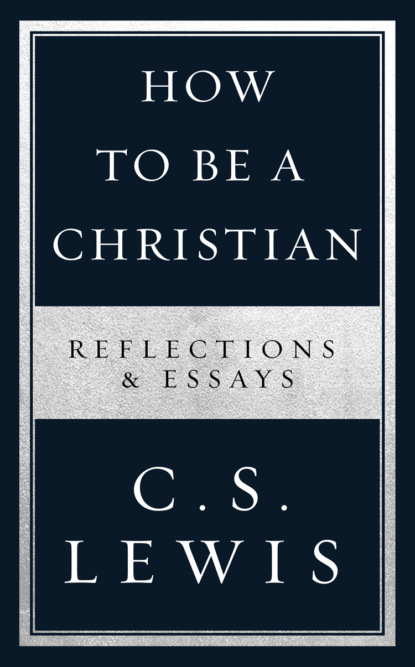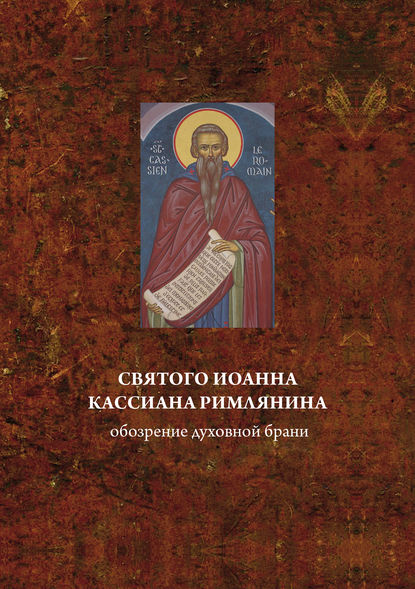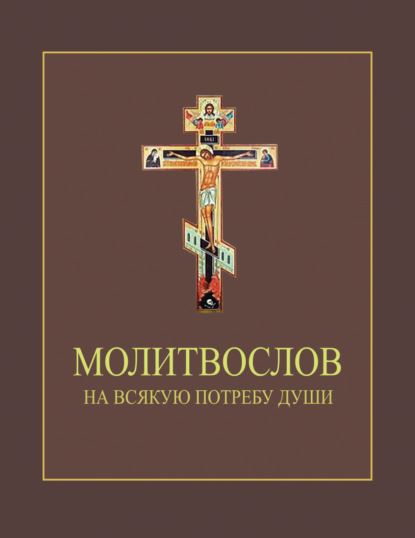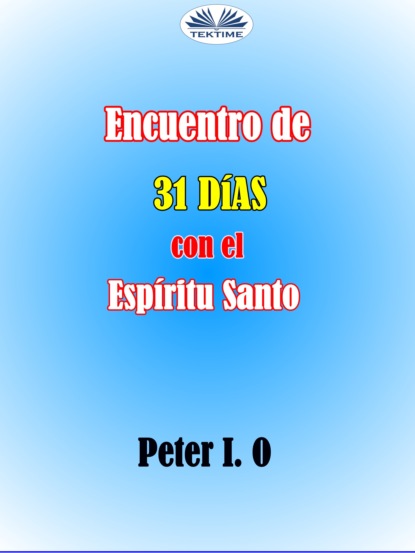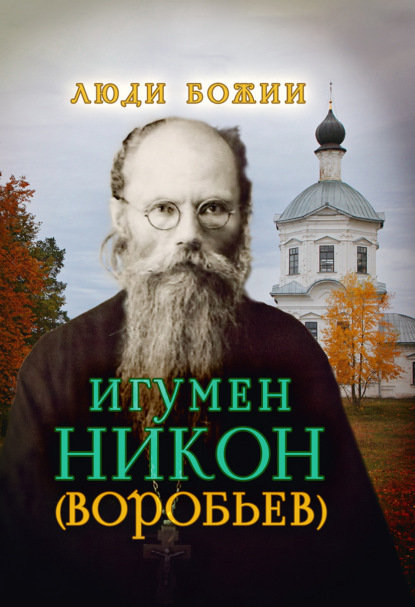Как мы можем верить в Иисуса в XXI веке после Холокоста и других зверств, и последовавшего за ними отхода от религии? Ключ к ответу кроется в еврейскости Иисуса. Как выяснил для себя бестселлер New York Times Джеймс Кэрролл за десятилетия писательства и лекций, он далеко не одинок в приверженности унаследованной памяти об Иисусе, отделяющей его от критически важной идентичности как еврея, а значит, и как человека. И все же, если Иисус не был божественным, он не представлял бы для нас никакого интереса. Что это может означать сейчас? Парадоксально, но ключом является его неизменная еврейскость. Сам не христианин, Иисус фактически превосходит христианство. Опираясь на обширную науку, а также собственные острые поиски как верующего, Кэрролл взглянул по-новому на самые знакомые повествования - Матфея, Марка, Луки и Иоанна. Эта книга - отнюдь не очередная работа об «историческом Иисусе». Он серьезно относится к вызовам науки и современной философии. Начиная с вопроса Бонхёффера, написанного в нацистской тюрьме: «Что постоянно беспокоит меня – вопрос: кем Христос является для нас сегодня?» - Кэрролл находит в глубокой обыденности Иисуса ответ как на этот вопрос, так и на ключ к обновлению веры для всех нас.
Электронная Книга «Christ Actually: The Son of God for the Secular Age» написана автором James Carroll в году.
Минимальный возраст читателя: 0
Язык: Английский
ISBN: 9780008103491
Описание книги от James Carroll
What can we believe about, and how can we believe in, Jesus in the twenty first century, in light of the Holocaust and other atrocities, and the drift from religion that followed? The key lies in Jesus’ Jewishness.What New York Times bestselling author James Carroll has discovered through decades of writing and lecturing, is that he is far from alone in clinging to a received memory of Jesus that separates him from his crucial identity as a Jew, and therefore as a human. Yet if Jesus was not taken as divine, he would be of no interest to us. What can that mean now? Paradoxically, the key is his permanent Jewishness. No Christian himself, Jesus actually transcends Christianity.Drawing on both a wide range of scholarship as well as his own acute searching as a believer, Carroll takes a fresh look at the most familiar narratives of all – Matthew, Mark,Luke, and John. Far from another book about the “historical Jesus,” he takes the challenges of science and contemporary philosophy seriously. Starting with Bonhoeffer’s question written in his Nazi cell – “What is bothering me incessantly is the question – Who Christ actually is for us today?”, he retrieves the power of Jesus’ profound ordinariness as an answer both to this question and as the key to a renewal of faith for us all.
